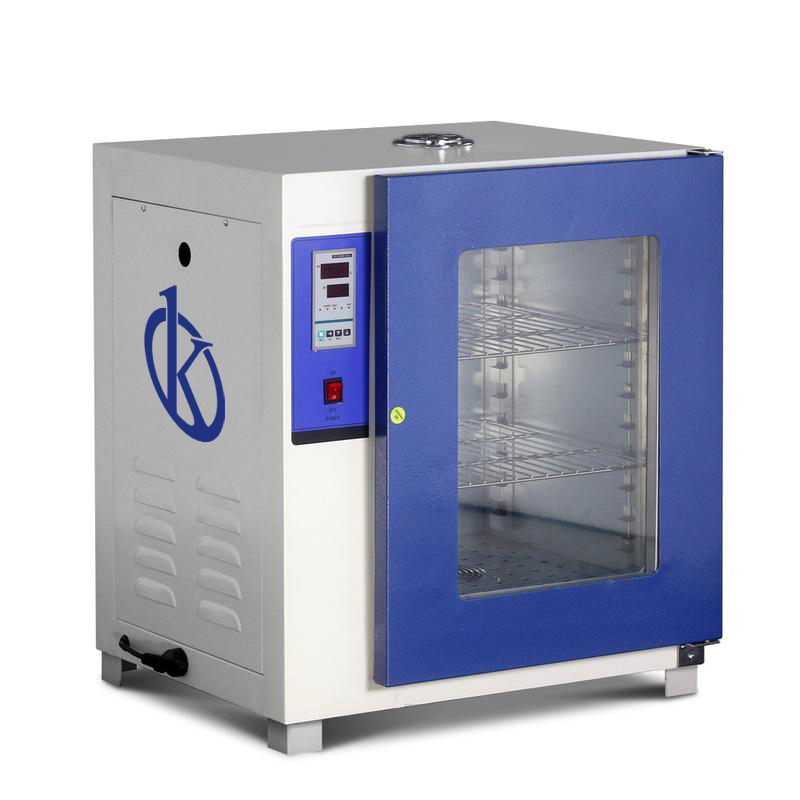An incubator is a laboratory equipment that allows to carry out a large amount of experimental work, because with it microbiological and cell cultures can be maintained thanks to its ability to achieve the optimum temperature and humidity for it, as well as the levels carbon dioxide and oxygen.
The main function of this equipment is to store and condition the environment, in order to adequately develop microorganisms or cells, by controlling variables such as temperature, pressure and air circulation.
There are incubators that have the ability to control extremely low temperatures (microbiological incubators), humidity, and carbon dioxide levels (incubators for cell cultures). Microbiological incubators are mainly used in the growth and storage of bacterial cultures at temperatures between 5 and 37 ºC. For their part, the incubators for cell culture work at a temperature of 37 ºC, simulating the conditions of body temperature.
What are laboratory incubators used for?
Laboratory incubators are widely used for biology applications, such as for cell and tissue culture, for pharmaceutical and hematological studies, for biochemical studies, food processing and cell aeration, it is also used for animal studies, solubility studies and fermentation as well as for bacteria cultures.
Incubators are widely used for the study of tissue cultures that involve the extraction of fragments of animal or plant tissue and to store these “explants” (for example cells isolated from a portion of tissues) in controlled environments (temperature, pH, CO2 and humidity) and subsequently analyze its growth.
Other important uses for incubators are stem cell studies, incubation of antibodies in tissues, diagnosis of harmful pathogens such as bacteria and germs, as well as pharmaceutical and hematological investigations.
The main objective of CO2 incubators is to simulate the physiological conditions of mammals, unfortunately, the environments created within these equipment are also ideal for the proliferation of certain biological contaminants.
How does a laboratory incubator work?
You must bear in mind that developing and maintaining microbiological and cell cultures is possible in laboratories thanks to the presence of incubators, which not only control the temperature and humidity of the environment in which the samples are stored, but are also capable of controlling the Co2 and oxygen present within your environment.
The laboratory incubator uses various heat and environment control media transfers to obtain conditions under which specialized laboratory procedures can be performed. In general, they have an electrical resistance system controlled by devices such as thermostats or microprocessed controls, and have two basic operating modes: natural convection, where the air flow is generated by a temperature difference or forced convection, in which external equipment such as a cooling fan or pump is used to create an air stream.
At Kalstein we are MANUFACTURERS and we offer you laboratory incubators designed with the highest quality and technology at the best PRICES on the market. That is why we invite you to take a look at: HERE

